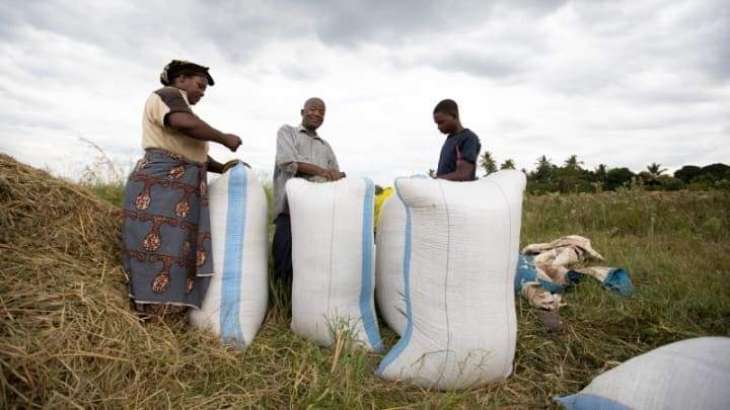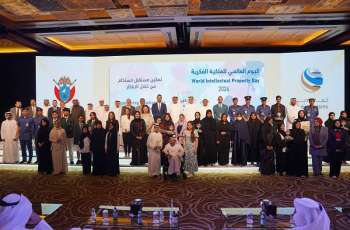To mitigate the looming food crisis in Africa, international organizations should step in to help local farmers boost production, otherwise, a famine could drag the developing continent into deep unrest and greater instability, Dr. Coenie Louw, the founder of the Gateway Health Institute, a leading charity organization in South Africa, has told Sputnik in an interview
MOSCOW (Pakistan Point News / Sputnik - 04th June, 2020) To mitigate the looming food crisis in Africa, international organizations should step in to help local farmers boost production, otherwise, a famine could drag the developing continent into deep unrest and greater instability, Dr. Coenie Louw, the founder of the Gateway Health Institute, a leading charity organization in South Africa, has told Sputnik in an interview.
Over the past several years, global NGOs have been raising concerns that Africa, with its climate challenges, regional conflicts and growing population, is facing the worst food crisis since 1945. Since the onset of the pandemic, the World Health Organization has continued to warn that the coronavirus crisis, including the economic effects of lockdown, can further deepen food insecurity and malnutrition on the continent, which threatens to become a greater challenge than the novel virus itself.
According to Louw, food production should become one of the central priorities of the continent in the current circumstances.
"I really think that a lot more attention should be given to small-scale farmers, not only in this country [South Africa] but also in the neighboring countries. And the time is now... The crisis will just get worse; unemployment is expected to double from 13 million families to 26 million, that's about half of our population, which will need food. They might not need it now, but they will definitely need food by September and later in the year," the doctor said.
Louw went on to note that only 15,000 farmers have qualified for government relief in South Africa, whereas 80 percent of all food is produced by "small-order farmers, not commercial farmers," and thousands more need support.
"We need to support those farmers to be able to produce more for the crisis that is coming if we do not do that then definitely we will have a big famine on our hands come 2021," Louw warned.
The doctor believes that, in light of their forecasts of a food crisis and a rise in malnutrition, international organizations should financially support African farmers.
"It's not only for governments and national organizations to tackle this problem but definitely for the international agencies, like the UN, the World Bank and the IMF to take note and to start doing something. Someway they would need to invest in small-order farmers and make a little bit of funding available," Louw said.
He stressed that the food crisis is a region-wide problem, listing Zimbabwe, Malawi, Mozambique, Zambia, Kenya and Tanzania among other countries affected. The famine may also lead to an outburst of protest on the populous continent.
"People that are hungry, the political situation, the social unrest, the food riots - the same thing that we saw with lockdown is just going to increase if we don't make sure our people are receiving adequate food. It's about peace and security as well, not only about nutrition," Louw warned.
The solution, he reiterated, lies in supporting small-scale farm businesses, providing them with better access to markets, fair prices for their products and technical assistance, as well as training them on water-wise kind of farming.
The Gateway Health Institute, on its part, has developed a mobile application for farmers, where they can register and offer their product or receive an order for a certain amount of a given product in advance, which allows them to trade without traveling between provinces.




